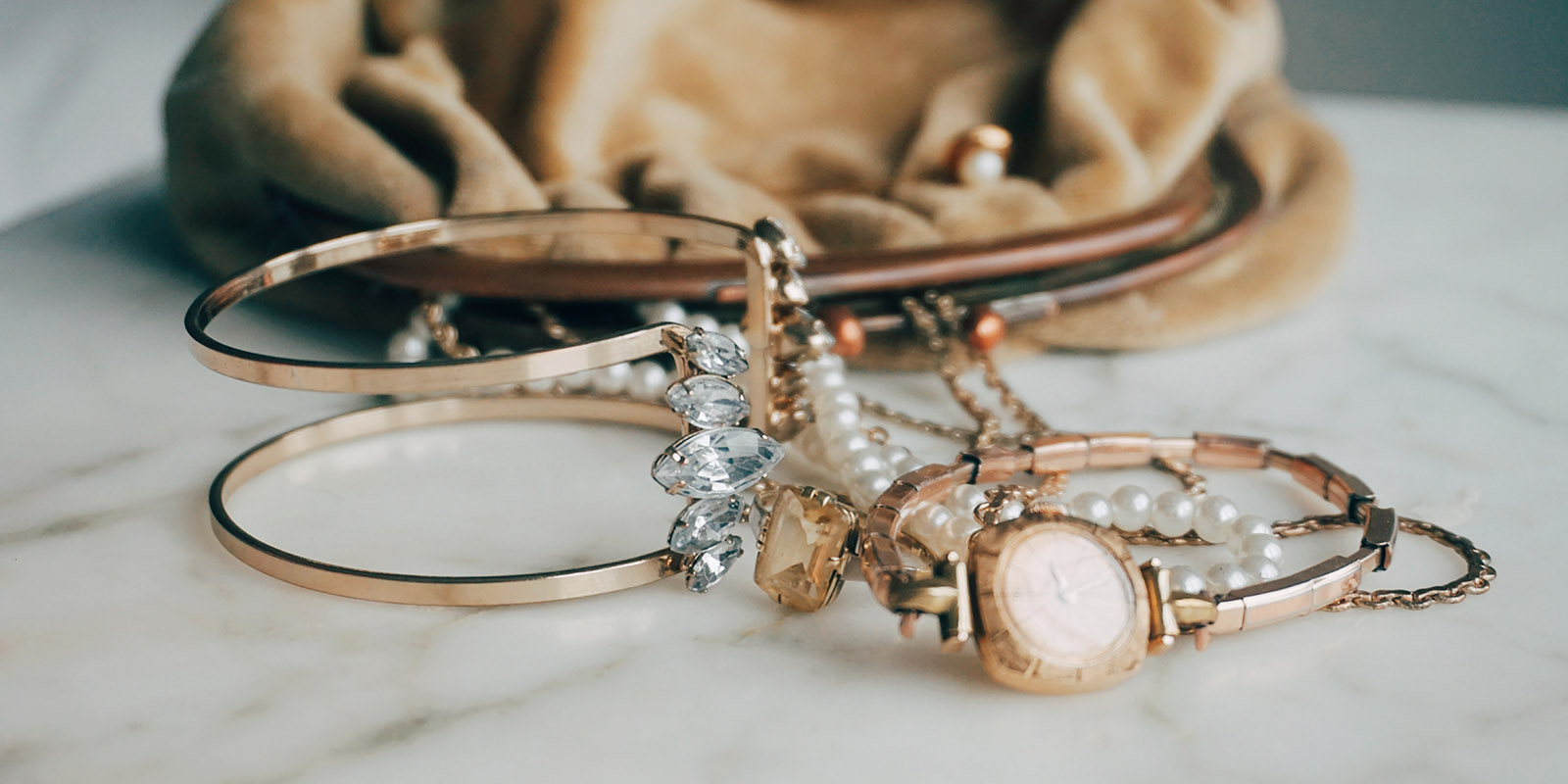Because the price of gold is higher now than it has been in years, many people are looking for the best possible way to turn their gold and other precious metals into cash.
When it comes to making quick cash, many people turn to pawnshops as a means of turning their gold, jewelry, and other items into money. On the other hand, many prefer to sell their items outright to get the process over with quickly and to walk away with cash in their hand. But which is better – pawning or selling?
Jewelry has a high retail markup compared to an item’s actual market/secondary value. Here is a breakdown of the key differences between pawning and selling to help determine which can produce the best value for your gold, jewelry, and other precious metals.
What is pawning?
The concept of pawning dates back centuries as a simple way to gain quick access to cash, but it varies from the traditional selling model in several important ways.
Despite its longstanding heritage, how pawning works is still a common question for many in the marketplace. The biggest difference between pawning and selling is that when you pawn something, you receive a loan for your item that then needs to be paid back within a set timeframe – or else you lose the item to the pawnbroker.
An example of pawning
Say you go to a pawnshop to pawn a gold watch. The pawnbroker gives you a loan of $500 that you agree to pay back (with interest and fees) within the next three months.
If you are able to pay the loan back plus interest and fees within the next three months, you will be able to get your watch back from the pawnbroker – no problem.
But if you are not able to pay the loan back plus interest and fees by the agreed upon deadline, the watch becomes the property of the pawnbroker, who can then sell it for whatever price they’d like.
It’s worth noting that the interest rate for pawned items is almost always higher than the bank interest rate on a personal loan.
Is pawning worth it?
In many cases, pawning items is not worth it – especially when compared to selling. While the only penalty for failing to pay back your loan is that you lose the collateral item, you’ll also usually get less money for it than if you would have sold it outright to begin with.
Pawnbrokers are driven to offer less money to pawn an item than a prospective buyer, because the pawnbroker needs to account for the item’s resale value ahead of time in case the loan is never paid back. If they loan you less money for your item, they can make more of a profit selling it if you don’t pay them back.
People also like buying things from pawnshops because the items are almost always for sale for less than their market price. For the pawnbroker to make a profit, they need to get the item from you for cheap while still being able to resell it for cheaper than market price.
Remember the $500 loan the pawnbroker gave you for your watch? It turns out the watch was worth much more than that, and now that you didn’t pay the loan back, the pawnbroker is able to sell it for $1,500 or more. If they’d have given you a loan equal to the value of the watch, they’d make little to no profit on resale, incentivizing them to loan you much less than the watch is truly worth.
|
Pawning |
|
|
Pros |
Cons |
|
|
Is selling better than pawning?
In many cases, selling is a simpler process and is likely to produce better returns than pawning – for many of the reasons mentioned above.
When selling gold or other precious metals to a gold buyer, the purchaser will assess the purity and total weight of the item before making an offer. If accepted, you are paid quickly and can walk out of the store with instant payment – rather than having to worry about paying anyone back on a tight deadline. There is no future obligation to the buyer as there is when dealing with a pawnbroker.
You do have the option to sell your item to a pawnshop, but you’re still not likely to receive as much money as you would from a gold buyer. Pawnshops have costs they need to cover, not to mention hidden fees and charges that can be added to the transaction. The main draw of pawnshops is that they offer quick cash during difficult financial times, but if you want a higher offer, selling to a gold buyer is typically the best option – especially if you sell to Gold Guys.
|
Selling |
|
|
Pros |
Cons |
|
|
Get more for your gold with Gold Guys
The price of gold is higher now than it has been in years, meaning now is the perfect time to see what your items are worth. At Gold Guys, we are dedicated to getting you a high price for your gold and other precious metals while ensuring the process is easy and painless. We work with you to ensure you’re in control of the transaction from start to finish at no cost to you.
Contact us today to learn more about selling your gold, jewelry, and other precious metals for a great price with Gold Guys.

